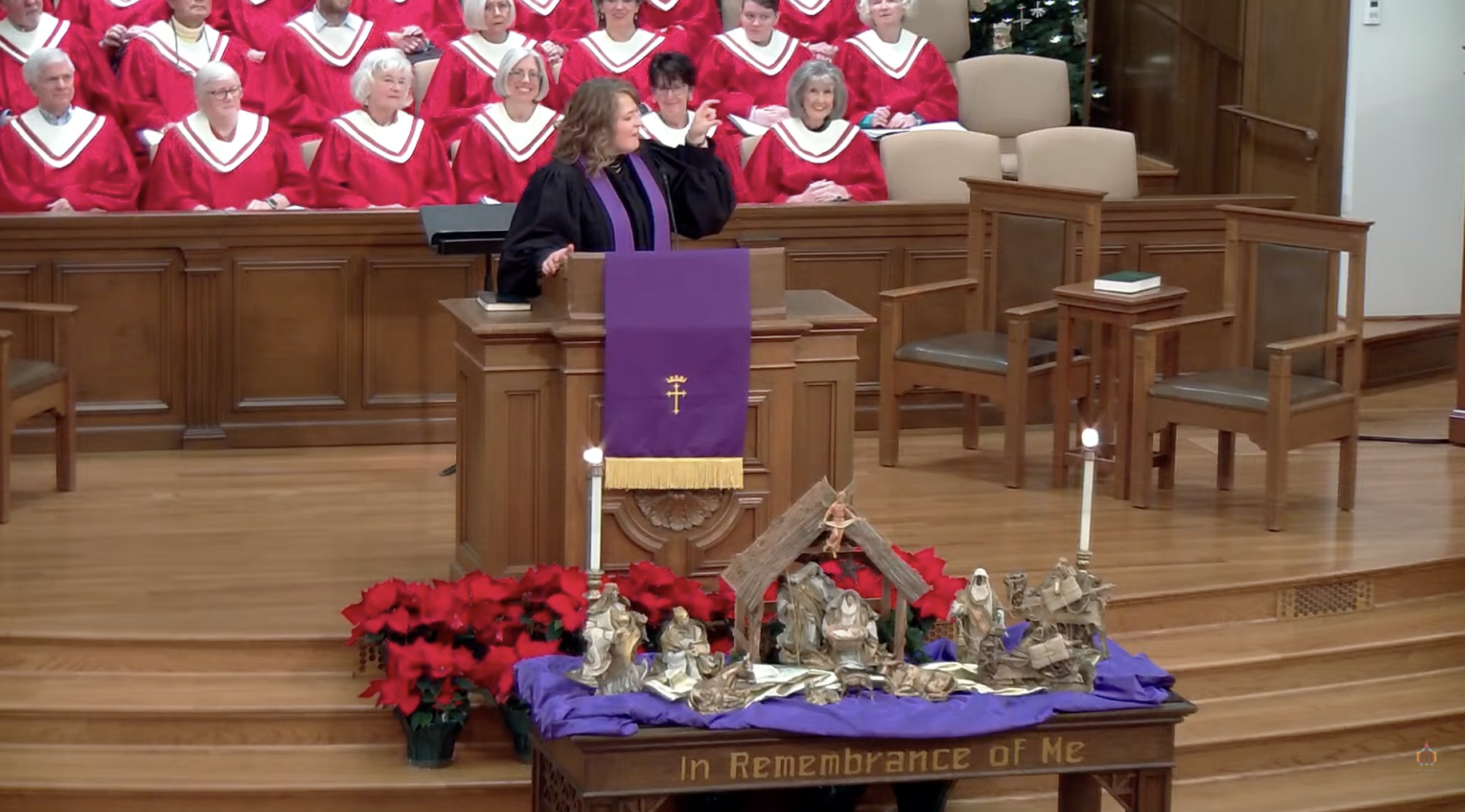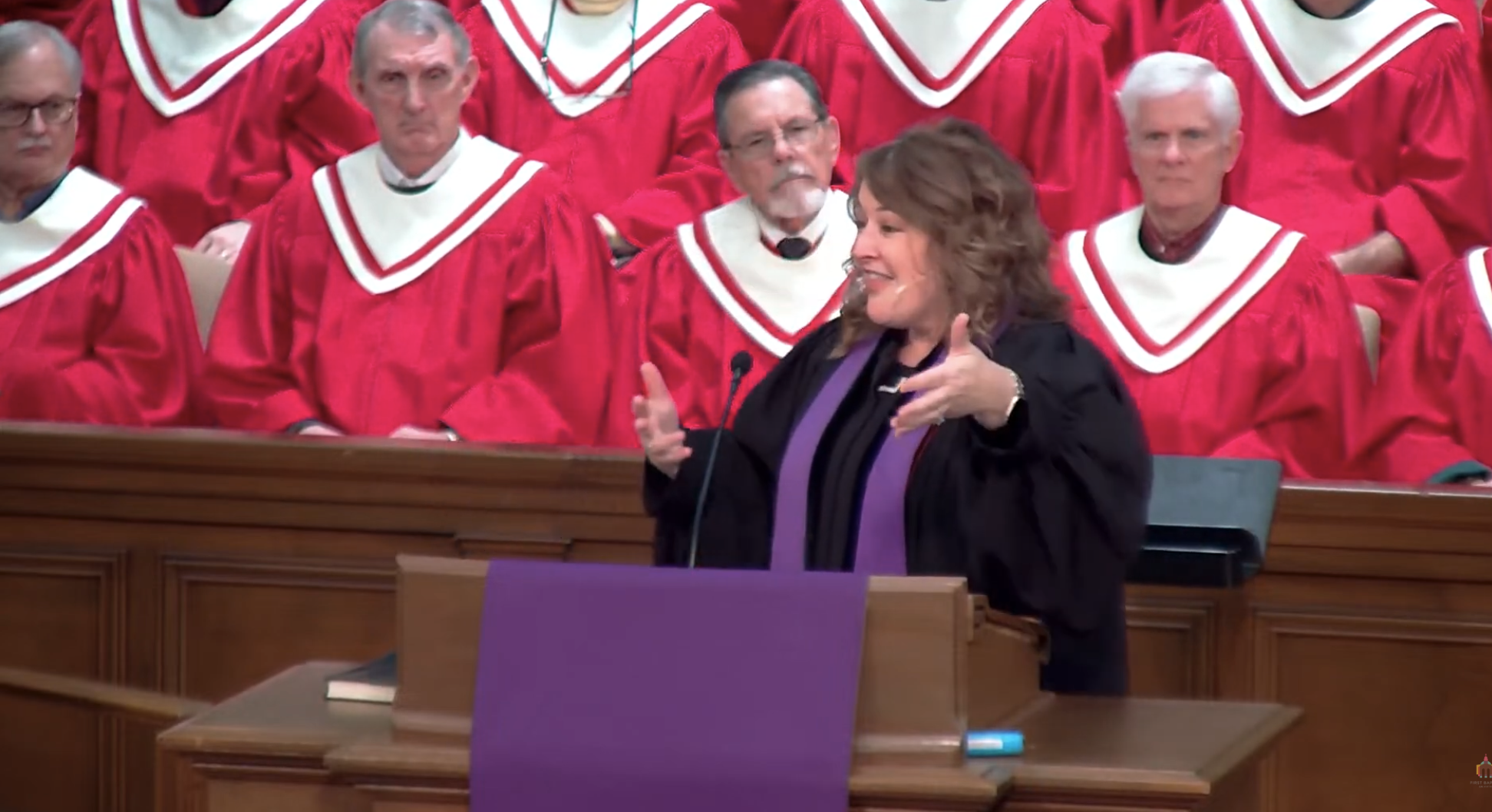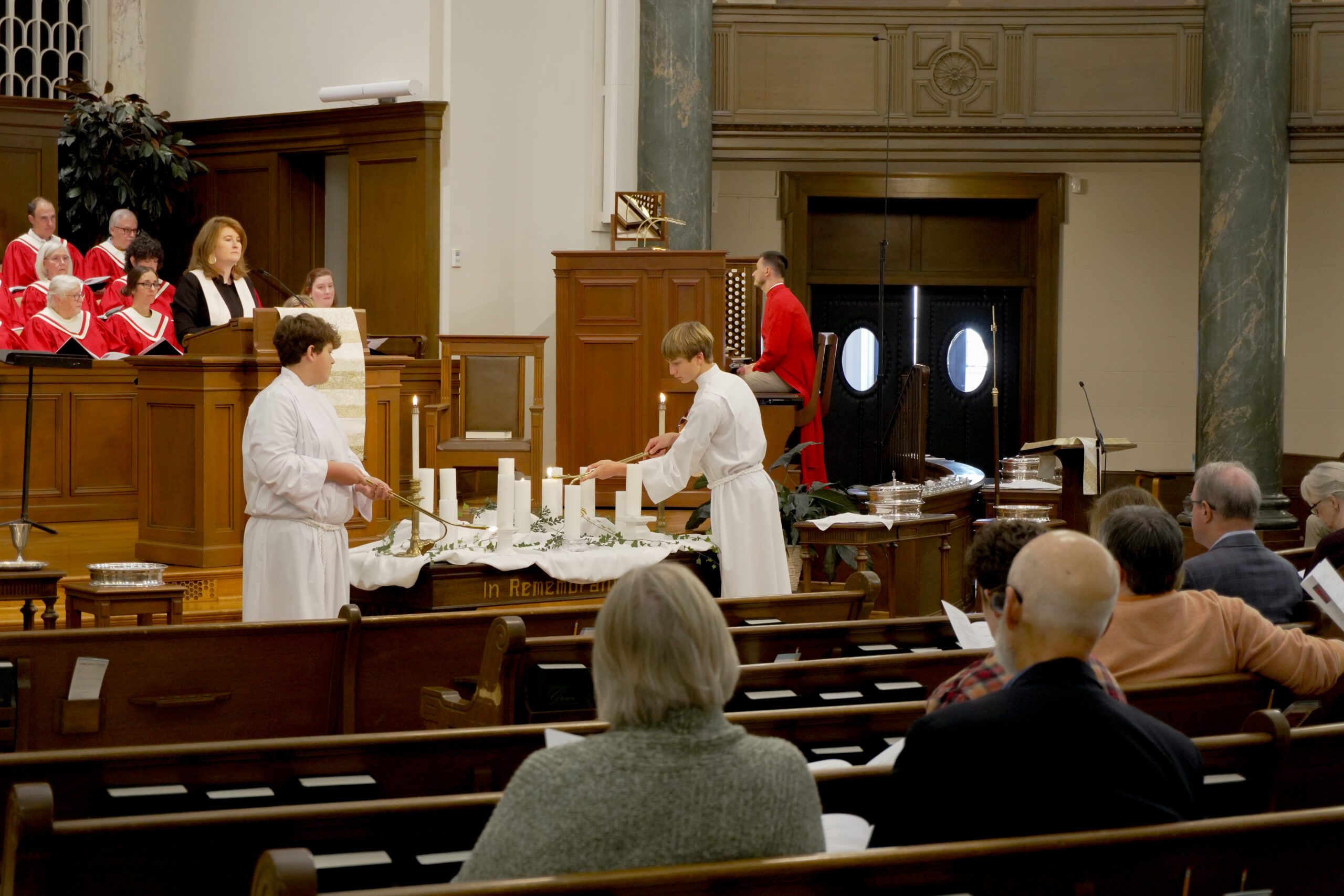IAs the story goes, Mullah Nasrudden once found a diamond by the
roadside. Muslim law dictated that finders became keepers only if they first
announced their find in the center of the marketplace on three separate
occasions. Ever the religious-minded man, Nasrudden was too pious to
disregard the law but too greedy to run the risk of parting with his valuable
find. So on three consecutive nights, when he was sure that everyone was fast
asleep, he went to the center of the marketplace and there announced, in a
whisper: “I have found a diamond on the road that leads to the town. Anyone
knowing who the owner is should contact me at once.” No one, of course, was
the wiser for his words, except for one man who couldn’t sleep and happened
to be standing at his window on the third night, when he heard Nasrudden
mumble some words. When he attempted to find out what it was, Nasrudden
replied, “I’m in no way obliged to tell you, but this much I shall say, being a
religious man, I went out there at night to pronounce certain words in
fulfillment of the law.” As one storyteller moralized from this tale: “to be
properly wicked, you do not have to break the Law. Just observe it to the
letter.”1
IIThat distinction between the letter of the law and the heart or spirit of
the law has formed the ground of our exploration of the Sermon on the
Mount over the past two weeks. We’re knee deep into Jesus’ lessons along
the way of faith, and today, we finish the final two of six “you have heard it
said, but I say to you” statements. Remember, these lessons give us a window
into what matters most to Jesus – not a new moral code, but rather a new
freedom in the relationships between and among God and God’s people.2
Last week, we heard lessons about anger, adultery, divorce, and oaths. Today,
Jesus sits us down in his school of love, not as “Lecturer-in-Chief” but as lover
of all, teaching his disciples the way of nonviolence and the scandalous nature
of love.3
Now if we thought it would be mild or easy, a “pretty good” or “do the
best you can” kind of love, we would be sorely mistaken. Because Jesus
demands us to practice a love that will inevitably lead to the way of
transformation. You see, when conventional wisdom encourages violence for
violence – eyes for eyes and teeth for teeth – Jesus says to turn the other
cheek, force the attacker to not just backhand you as unequal, but then look
you in the eyes as an equal to lay bare the wrongness of the violence and
preserve your dignity.
And in a culture where most people wore two items of clothing, Jesus
says don’t just give one cloak, give another, even if that means you’ve
effectively shed yourself of all your clothes yet clothed yourself in agency and
courage.
And in a world where soldiers could demand servants to carry their
baggage up to a mile, Jesus says don’t just go one mile, go another, sever the
‘tit-for-tat’ cycle, even if that meant befuddling a soldier and breaking the law
in the process. And in a religion when it was easy to love those who love you
back, and palatable to love your neighbor, even to love a stranger, Jesus says
to love your enemies, to pray for those who persecute you.4
This, Jesus says, this is active love, this is how you are to be completed
in Love. “Be perfect, therefore, as your heavenly father was perfect,” he
concludes. “Be telos,” the Greek here says – not perfect as in achieving moral
accomplishment or error-less living, but telos: completing a goal, or reaching
the intended outcome. For example, the telos of a grapevine is to produce
grapes, or the telos of a car or a plane or a train is to get passengers from one
place to the next.5 So instead of “be perfect,” we might hear: “be complete in showing love,”6 or “set no bounds to your love, just as God’s love knows no boundaries either.”
IIIYou and I both know that this type of love can feel terribly hard, if not
downright impossible. We shift and move and wrangle around texts like
these, wondering (however fruitlessly) if these words of Jesus are better left
in the first century where he uttered them, better understood in his context,
better interpreted as figurative than literal, and surely more possible for the
disciples and crowds who were hearing him that day. Because the world in
which we live is one of bullies in the schoolyard and the boardroom,
exploiters in our courts and conglomerates and families, liers in offices and in
office, enemies in far-flung terrorist cells and in our very souls.
Yet when life happens: when sickness incapacitates, bills stack up, fear
mounts, and responsibilities weigh heavily, who among us has the capacity or
the energy to love your enemies like this, when we struggle simply to love our
neighbors or our families or ourselves or God? Who among us has the
bandwidth to seek out the way of nonviolence, when we feel like the
naysayers in our lives are just waiting for us to mess up, or when we just can’t
stomach one more Facebook post from Aunt Evelyn again Wouldn’t Jesus be
just as happy with us if we could get better at loving well those who love us
back? Oh yes indeed: “to be properly wicked, you do not have to break the
Law. Just observe it to the letter.”
But man oh man: when we refuse to return violence for violence,
imagine how it would bankrupt our world’s Departments of Defense, the
NRA, street gangs, dictators and war criminals! No one will be asking
teachers to carry guns, or demanding body cameras on law enforcement, or
needing cameras and alarms for their doors, or carrying pepper spray when
they go for a run at night.
When we refuse to pile on each others’ enemies at every turn, imagine
how it would destroy comment sections all over the internet, and
backhanded office gossip, and that guy from high school who used to laugh at
your failures! No one will fear for their lives because of who they love, or how
they vote, or the way in which they show up in the world.
When we chose the third way, the more excellent way of love, imagine
how it would disrupt every power system we know, utterly upending the way
of the world and exchanging it for the way of Love! No one would be left
behind or left on their own. Then might our joy be made telos, made complete,
made full. So friends, hear the good news: this kingdom, this dream of God in
this world is at hand!
But let’s be clear about what that would ask of us, pricey like giving up a
dazzling diamond prize. About Jesus’ way of Love, Richard Rohr reminds us:
“[this] is considered the most radical, demanding, and truthful of all of Jesus’
teaching. Until there is love for enemies, there is no real transformation,
because the enemy always carries the dark side of your own soul. Normally
those people who threaten us carry our own faults in a different form. The
people who really turn you off are very much like you.”7
“Jesus wasn’t playing when he gave this command,” Dr. King reminds us.
“He was serious. … Because within the best of us, there is some evil, and
within the worst of us, there is some good. When we come to see this, we
take a different attitude toward individuals. The person who hates you most
has some good in him; even the nation that hates you most has some good in
it; even the race that hates you most has some good in it. And when you come
to the point that you look in the face of every man and see deep down within
him what religion calls ‘the image of God,’ you begin to love him in spite of –
no matter what he does, you see God’s image there. There is an element of
goodness that he can never slough off.”8 The image of God, gift and grace that
is buried deep within each of us, that it is unable to be touched by the flaws
that cloud the dazzling surface of our lives. That’s where this kind of love
begins.
IVIn just a few moments, many of us will head downstairs to Kelly
Auditorium to hear and share the State of the Church presentation, a sort of
“annual review” on the shape of our life together and a “wide-angle view” on
the landscape in which we live. We’ll look carefully at the effects of these past8 As quoted in Following the Call: Living the Sermon on the Mount Together, p142-143.7 Richard Rohr, Jesus’ Plan for a New World: The Sermon on the Mount, 157.
three years of the pandemic on the state of churches, and how our church has
held through it. We’ll connect the dots to the last several years of
institutional change – from our buildings, to our mission and vision, to our
Confession of Identity – and focus our attention not on where we are, or why
we are, or who we are, but for now, how we are.
How we are the community in the heart of the city called by Jesus to
practice bold love of God and neighbor and boundless compassion for all
people. How we are the church who priorities cultivating the well-being of
children, mitigating poverty in our community, becoming a teaching and
learning church, and growing in number and faithfulness. How we organize
our life together – from building, to staffing, to governing, to funding – in
order to live out this calling to which we have been called. How we sustain
God’s work of Love in and through our church over the long haul so that all
who are caught in the orbit of our congregation experience no less than God’s
transforming Love, right here among us.
We’ll hear facts and figures, mine some data, track attendance patterns
and volunteer engagement, pay attention to pageviews, likes, and follows,
catalog giving trends and membership growth. We’ll then start drawing clear
connections between the current shape and the future shape, and consider
how overlapping and intersecting issues might prompt creative, adaptive
solutions. We’ll hold the diamond that is our beloved community up to the
light so that each and every facet becomes visible for all to see. Our curiosity
will stir, and our hope will mount. I’d be lying to you if I said my stomach
wasn’t full of nervous and excited butterflies for all that may emerge from our
time together!
But. If in the midst of all the dreaming and discerning, truth-telling and
truth-receiving, shared accountability and responsibility, looking forward and
looking well, the diamond of our church dazzling in the transfigured light of
Christ – if in the midst of all of that we were to forget the whole point of it all,
that which is right at the heart of our life together – that is, the fierce and full
love of God revealed in Jesus which animates the abundance of life for all
creation and with whom we have the holy privilege of committing the
breadth and length and height and depth of our lives in service of his – I
reckon we’d be like the guy who whispers the law into a sleeping world and
runs away content that he’s done his sacred duty.
VAntoine de Saint-Exupery, the author of The Little Prince, says this: “if
you want to build a ship,” he counsels, “don’t drum up people to collect wood
and don’t assign them tasks and work, but rather teach them to long for the
endless immensity of the sea.”9
Brothers and sisters, God in Christ has a dream for this world: one
where love becomes the fuel, the life force, the energy of our very being. It is
a love that transforms cheeks and cloaks and miles. It is a love that turns
enemies into neighbors, and neighbors into beloved community, and beloved
communities into relentless agents of God’s transforming love in this world..
It is a love that becomes telos, complete, and dare I say even perfect through
the perfect God who loves us perfectly too. It is a love as dazzling as the
purest diamond and as endless as the greatest sea. It is the love that makes us
whole.
For that, we say, ‘thanks be to God!’9





